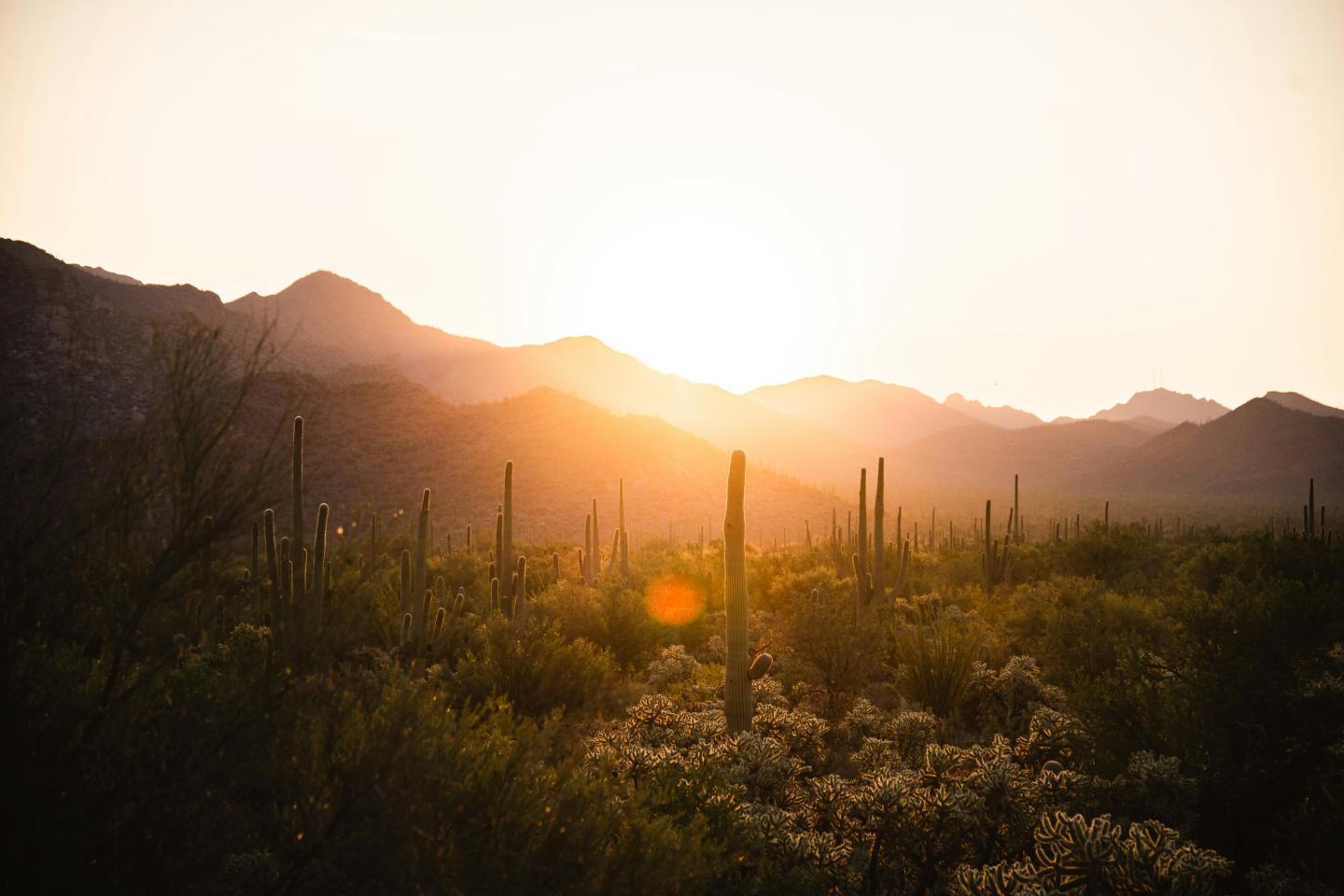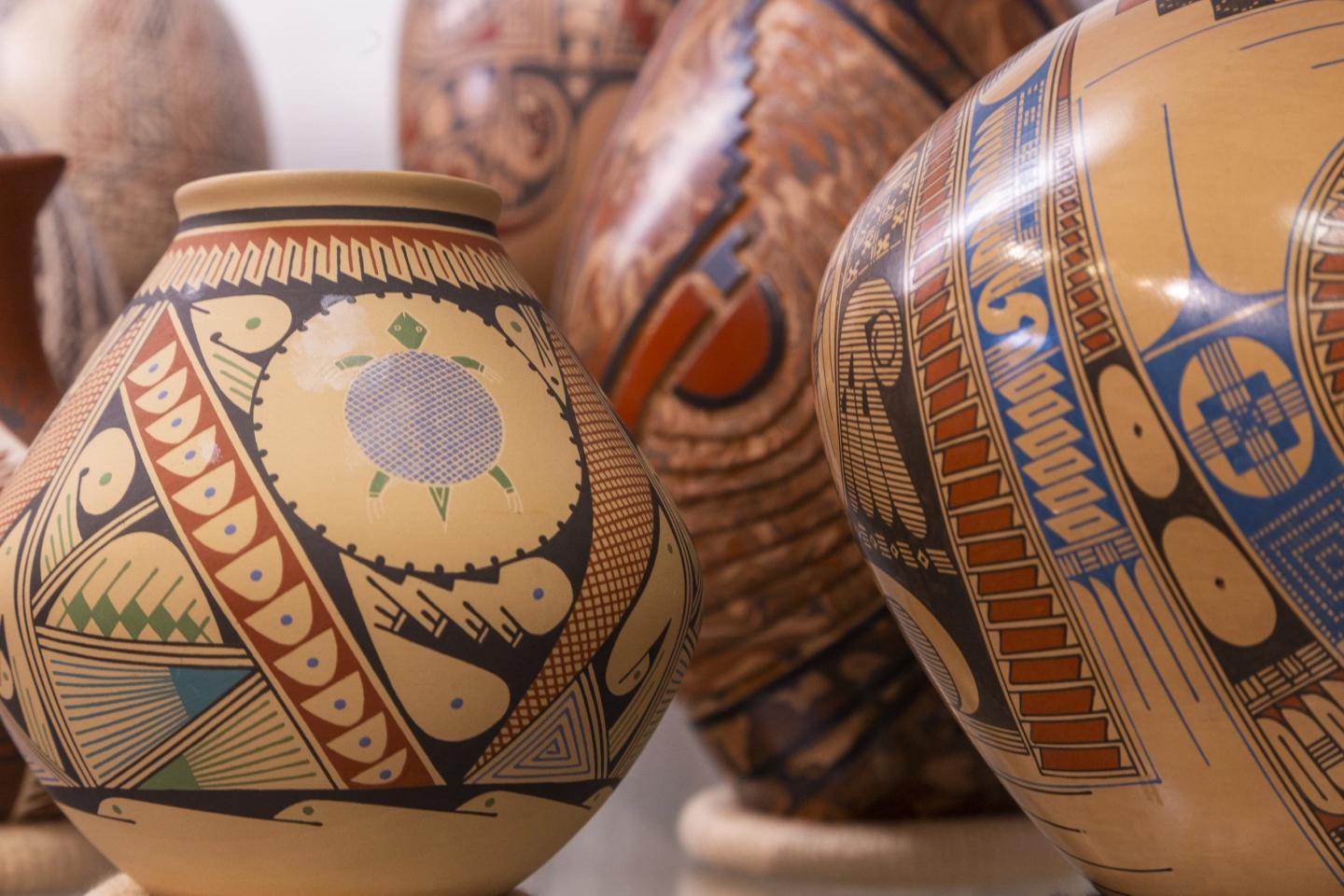
Research Grants
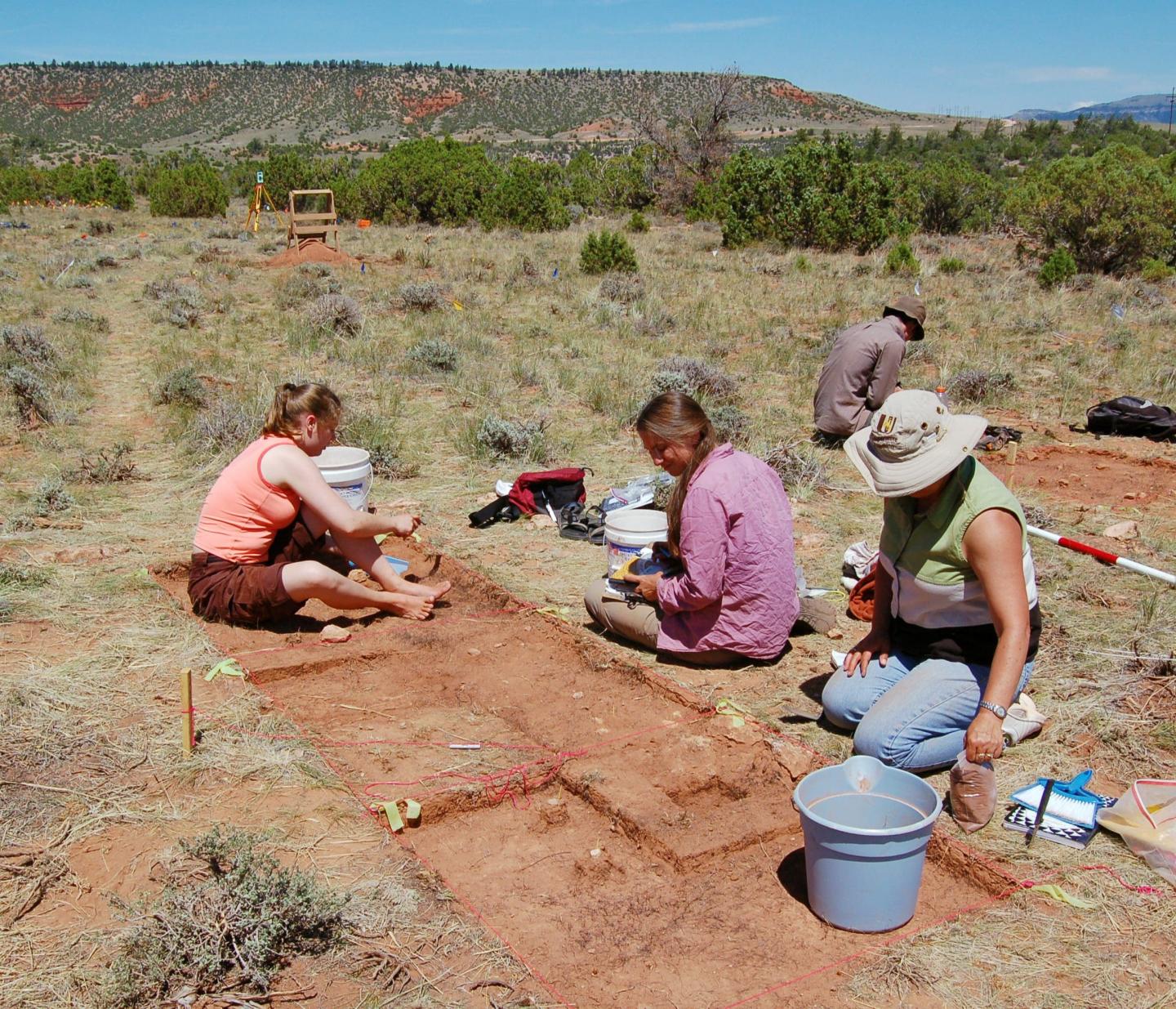
Apply for a WNP research grant
Western National Parks (WNP) provides grants to support research that benefits the management, preservation, and interpretation of National Park Service (NPS) resources. This program enhances NPS’s research efforts by bringing additional support to vital projects within our partner parks.
Submit 1-Year Research Grant Proposal
Submit Multiyear Research Grant Proposal
Download the Request for Proposal (RFP) and application samples below:
Grant Process
- Proposals are typically generated in one of two ways:
- NPS official determines a need for research and finds a principal investigator (PI).
- Researcher contacts the park with an idea for research.
- Applications must be completed electronically through the WNP website from September 1, 2025, through December 31, 2025, end of day. The RFP and application samples are available for download in PDF format above.
- WNP Research Committee evaluates submitted proposals and makes decisions regarding funding awards.
- Parks and the primary Principal Investigator (PI) will be notified by email of funding decisions the week of February 16, 2026.
- Those approved for funding will receive an electronic copy of the 2026 WNP Research Grant Awardee Handbook.
- This handbook includes the grant agreement, which requires electronic signatures of the benefiting/host park superintendent, chief of interpretation, and primary PI as the final step in the grant approval process.
- The benefiting/host park is the Grantee, and the funder, Western National Parks Association, is the Grantor.
- The terms and conditions outlined in the handbook cannot be modified. Applicants are strongly encouraged to review the draft version prior to applying to ensure their proposed project aligns with WNP's funding disbursement schedule and other requirements. A draft copy can be viewed here: 2026 Research Grant Awardee Handbook Sample
- All approved grants will follow WNP’s funding disbursement structure, with payments issued directly to the benefiting park unit. If the primary PI is employed by an external organization (e.g., university, research institution, or nonprofit), that organization may also be designated as a payee. Each award will include a payment stipulation identifying the approved payee(s) at the sole discretion of WNP. If the benefiting/host park cannot accept grant checks directly, the park may be asked to identify a regional NPS office that can receive payment disbursements on its behalf.
Funding Criteria
Where We Fund
Grant projects must originate in a WNP-affiliated park in Arizona, California, Colorado, Kansas, Montana, Nebraska, Nevada, New Mexico, Oklahoma, Texas, Utah, and Wyoming.
What We Fund
WNP supports a wide range of scholarly research across various disciplines, including but not limited to anthropology, archaeology, botany, citizen science, ecology, geology, history, natural history, social science, and zoology. Proposals that contribute to the understanding and preservation of natural and cultural resources within our national parks are particularly encouraged.
Who May Apply
- The park superintendent and/or their key staff identifies the need for research and seeks a qualified primary PI or institution/organization.
- Qualified researchers may contact the park superintendent directly regarding unsolicited proposals.
- Consideration will also be given to proposals submitted by active NPS employees.
- Graduate students may not serve as a primary project PI but may be listed as a co-PI if the primary PI is the academic supervisor.
- A single park may submit no more than two proposals every year.
- Superintendents submitting more than one proposal in a year must rank each proposal in terms of its priority for park needs.
All applications must be approved and submitted the benefiting/host park superintendent.
How Much We Fund
The funding limit for research grants is $20,000 for one-year projects; $40,000 for two-year projects; and $60,000 for three-year projects. For information regarding Multiyear Projects, refer to the section titled Guidelines.
Guidelines
Research Project Start Date
Applications must reflect a project start date no earlier than March 23, 2026, and no later than September 30, 2026.
Budget
Qualified Expenses
- Travel, equipment, and supplies required for research (must be itemized and justified).
- Stipends may be allowable expenses when they directly support graduate students, interns, or trainees involved in the project. The type and purpose of each stipend must be clearly defined and justified in the project budget. Only reasonable living expenses, travel, and other direct costs related to project participation are permitted. Stipends are not considered salaries or wages and should not include fringe benefits.
- Research technician positions specific to the project and hired through conservation groups such as AmeriCorps, Conservation Legacy, Student Conservation Association (SCA), or similar organizations may be eligible for funding, as long as a clear explanation of their role and justification for the expense are provided.
- Consulting fees for PIs or other experts from private organizations may be allowable if clearly defined and justified within the project budget, including a detailed scope of work and deliverables. Examples of allowable consulting services include technical expertise, data analysis, regulatory compliance support, project coordination, community engagement, and report preparation directly related to the research project.
- Equipment purchases over $100 require an itemized list on the budget form.
Non-Qualified Expenses
WNP will not provide funds for the following expenses and will deny funding if they are included in the project budget:
- Salaries, wages or fringe benefits of any kind, regardless of employer. This includes:
- Permanent employees—including NPS staff.
- PIs affiliated with academic institutions, tribal nations, nonprofit organizations, private-sector companies, or any other entity.
- Additional compensation for permanent employees—such as: pay for time spent on the project and/or offsets or supplements to replace part of their regular salary.
- Faculty salary augmentation at institutions of higher education, including: salary supplements during periods covered by regular institutional appointments and/or reimbursement for consulting by faculty who already receive a full-time institutional salary during the same period as the proposed research. WNP considers research to be a normal and expected function of faculty appointments.
- Publication costs (e.g., page charges, journal fees, etc.).
- Administrative or overhead costs charged by affiliated organizations or institutions.
- Tuition payments or other educational fees, including enrollment costs for courses, degree programs, continuing education, and fees for certifications or licenses..
Note: Purchased equipment and any supporting documentation from WNP-funded research (e.g., oral history tapes, photographs, collections, specimens) become the property of the NPS unless other arrangements are approved in writing by the park superintendent. The primary PI and park superintendent are responsible for complying with current NPS policies and procedures regarding the disposition of materials.
Important: Applicants must ensure that all budgeted expenses are qualified according to the guidelines. Inclusion of non-qualified expenses will result in automatic rejection. For clarification, contact us before submitting an application.
Multiyear Projects
WNP will consider proposals requesting funding for up to three years, based on the following conditions:
- The initial application specifies the proper project duration and projected completion date.
- Project objectives, methods, and participants for each year are clearly outlined, with an explicitly detailed and justified budget.
- A park may have only one ongoing multiyear project underway at any given time.
- Funding limits are $40,000 for two-year projects and $60,000 for three-year projects.
- Budgets for multiyear projects must be comprehensive and reflect the full duration of the project. Applicants should ensure all anticipated expenses over the multiyear period are included. Incomplete or partial budgets may result in disqualification or a request for resubmission.
Submission Instructions
Online Grant Application
All applications must be approved and submitted by the benefiting/host park superintendent online through the WNP website. Links to the applications are located at the top of this page along with an option to download the RFP and sample application forms.
Deadline for Submission
To be considered for fiscal year 2026 funding, all applications must be submitted through the WNP website between September 1, 2025, and December 31, 2025.
WNP Contact Information
After reading all the provided materials, should you have questions or need assistance, contact us.
To Properly Prepare Your Submission
- Download and review the relevant sample application form at the top of the page.
- Download the RFP to access the Applicant Toolkit on page 6.
- Use these resources to prepare a complete and compelling submission.
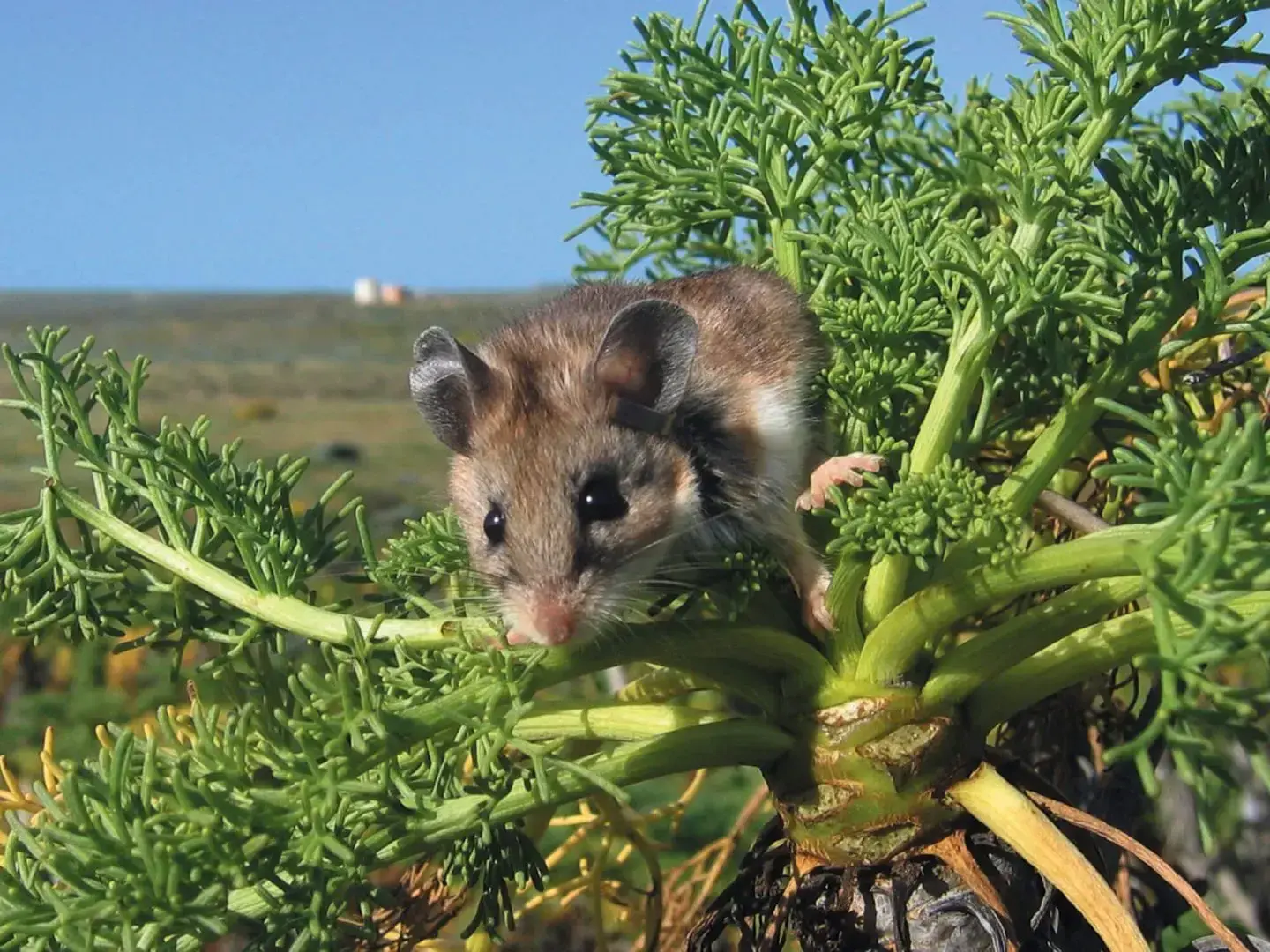
Why research matters
At the heart of WNP is a commitment to advancing research and interpretation that deepens the understanding and appreciation of national parks. This grant program supports projects that contribute to conservation and stewardship of these treasured natural and cultural resources while making their stories more accessible and meaningful to all visitors. By encouraging inclusive and authentic interpretation, WNP seeks to foster meaningful connections between diverse communities and the national parks, ensuring these public spaces are engaging and relevant for everyone.
As a researcher, your work enhances knowledge and public appreciation for our national parks. It deepens our understanding of their ecosystems and stories, fostering a stronger connection and sense of responsibility among diverse audiences. By contributing to this mission, you play a crucial role in inspiring and preparing future generations to support and protect our national parks.
Connect Me With a Park
If you need assistance connecting with one of our national park partners to share your research idea, we are here to help. For help connecting with one of our national park partners, click on the “Connect Me” link below and complete the form.
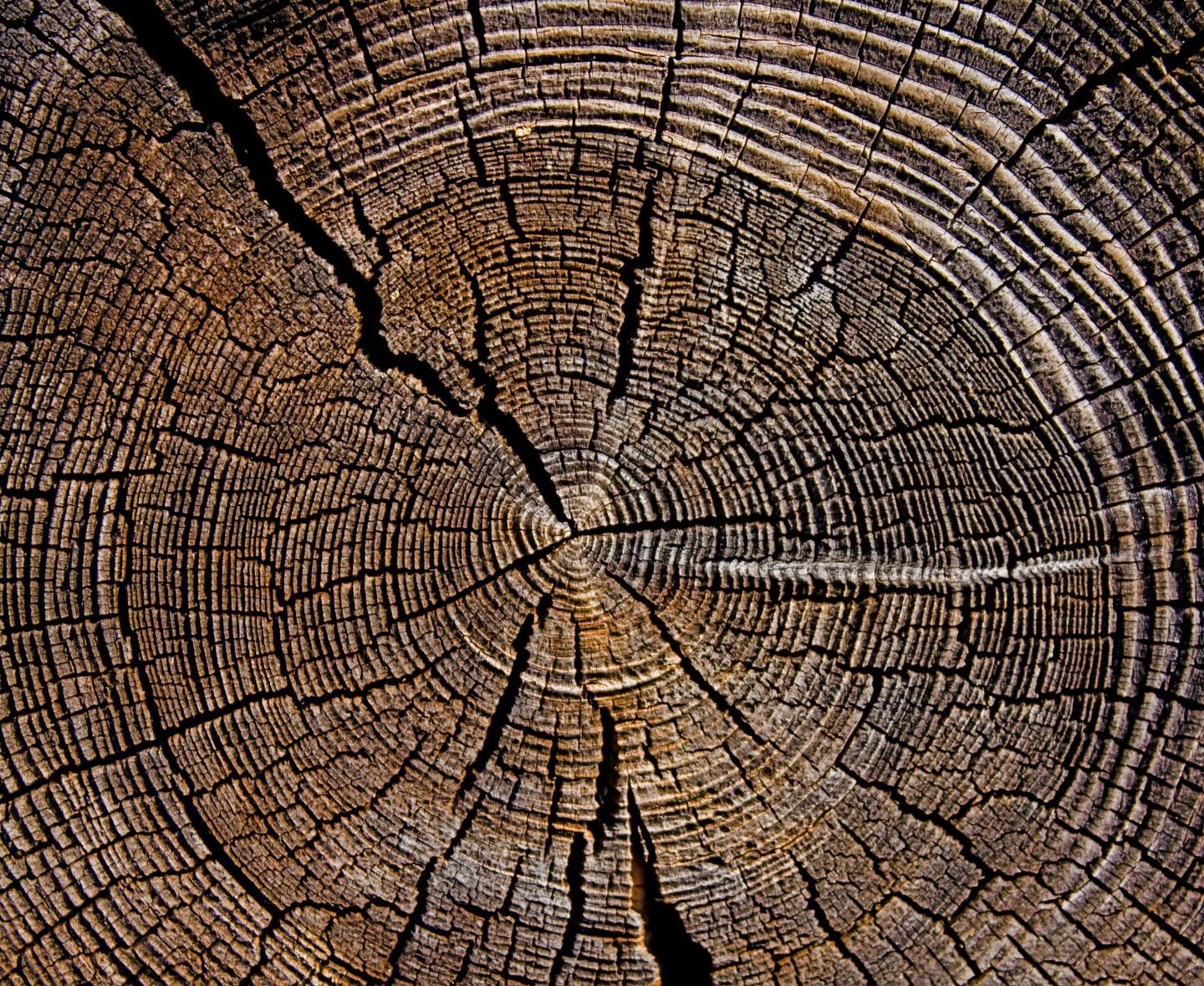
Exploring Our Parks through Science
Scientists tell fascinating stories about our national parks’ history, culture, and nature. WNPA shares them to give you a deeper understanding of our park treasures.



